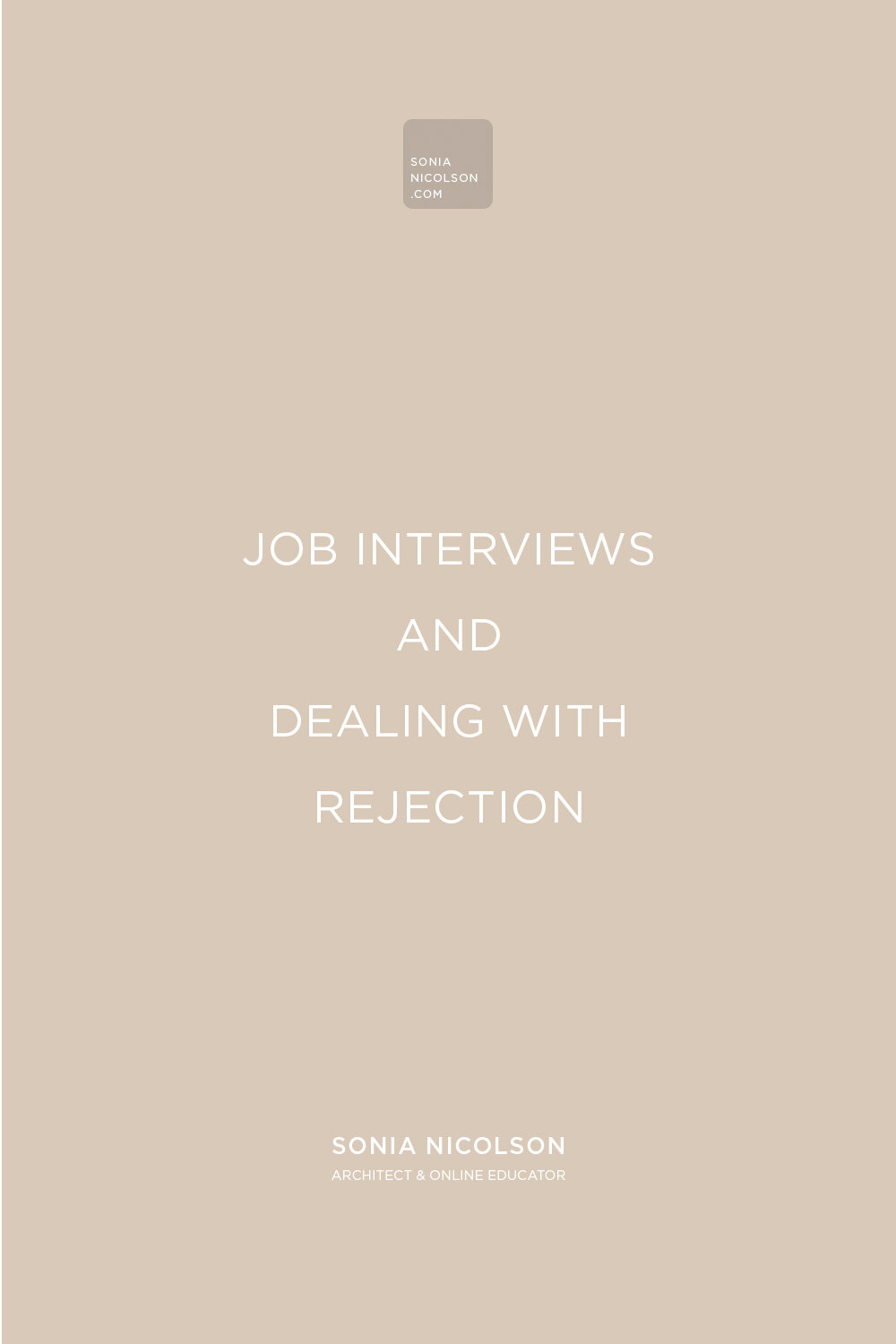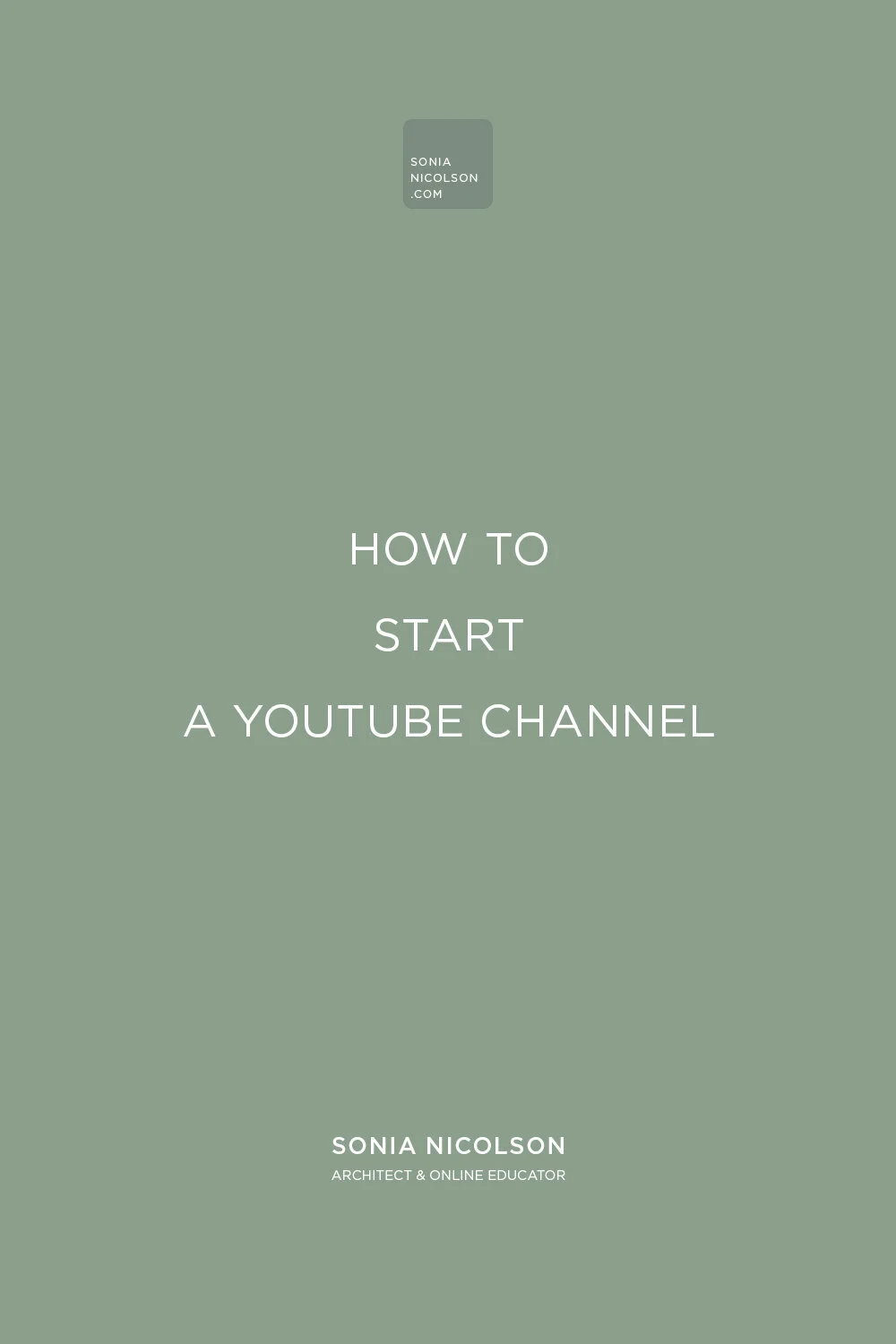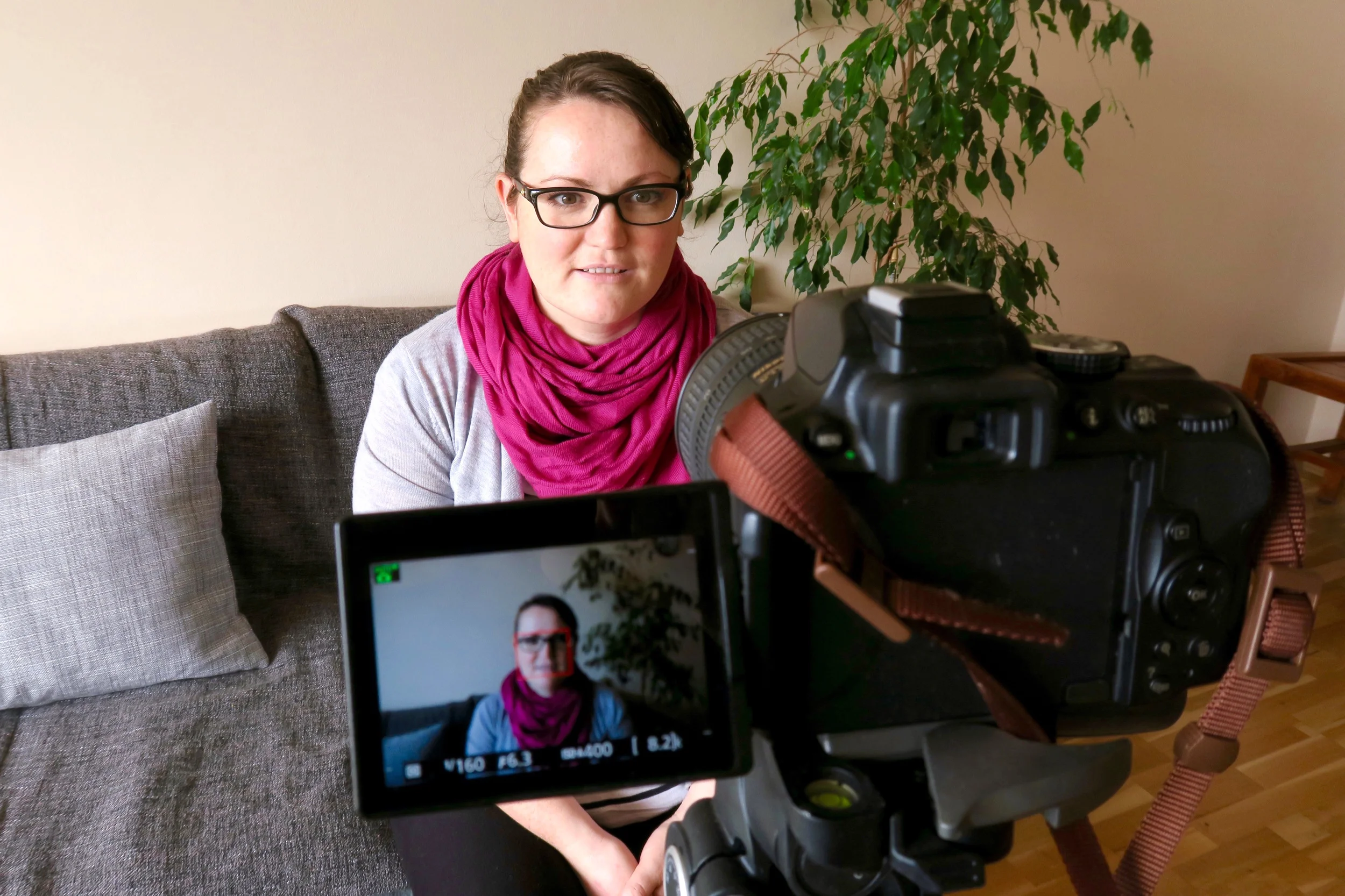Job Interviews and Dealing With Rejection
/Getting a job interview can be exciting but also pretty nerve-wracking. I just found out that I didn't get the job I had interviewed for here in Reykjavik so I wanted to write out some points to help anyone else who is going through the stress of job searching, applications, and the interview process.
watch the video
ASK FOR FEEDBACK
If you’ve gotten through a few rounds of interviews, the interviewer(s) have probably gotten to know you well so there’s no harm in asking for feedback at the end of your follow-up email. There is always a chance that they won’t provide feedback because it might be seen as a liability or they are short on time.
REFLECT on the interview
Maybe the interview didn't go as well as you hoped (were you on time, dressed appropriately, prepared, or too nervous, did you research the company, understand the position, or ask good questions?)
You had a glaring typo in your resume or cover letter (mistakes happen but this is the no 1 reason employers don't call people back)
Take some time to reflect on your experience and think about what went wrong. This will allow you to avoid making the same mistake in the future. Think of it as a learning opportunity, to be a better candidate next time.
MAYBE the job or company WASN'T A GOOD FIT
Sometimes it's not about you or anything you could have done (or done differently). One thing I learned from hiring people is that there are so many great candidates and there are also a lot of behind-the-scenes decisions that go into each hire. Sometimes the decision to not hire you truly has nothing to do with you.
If you reflect on your experience, and can't find anything that went wrong, it's possible that nothing did. There could have been someone with one more year of relevant experience or knowledge of one more computer program.
LET IT GO
Don't be hard on yourself. Don’t take it too personally - everyone goes through this at some point. Move on to the next application - the job that is right for you is out there. Realize that the hiring process often takes time
Keep Applying
You'll be able to focus better on the next application if you can get excited and motivated for it.
The job search can be very stressful…
Keep a positive attitude
Remain optimistic
Apply for multiple jobs within the same area
Approach companies even if they aren't advertising
Focus on continually learning and improving
Keep your CV and LinkedIn up to date
Practice makes perfect so do mock interviews
Network - it’s often who you know!!
Remember, there are a lot of things in life you can't control but do your best at what you can. Be prepared and present yourself to the best of your ability. Good luck and feel free to comment below with your stories.



































